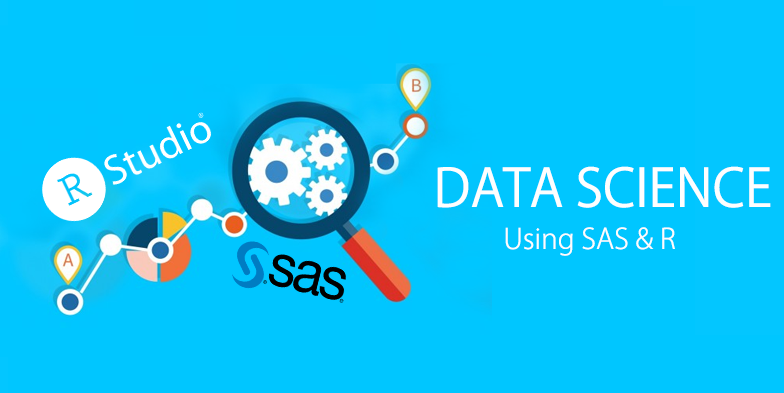Business intelligence has given a new ray of hope to decision makers across the business world. It is no surprise that businesses nowadays are empowered with accurate acumen and insight into various aspects of all their strategical programs, and credit must be given to an array of data management and analytical functions that have been used widely in business. When one talks about various analytical functions that have redefined the world of business intelligence, then SAS (Statistical Analysis System) certainly grabs the limelight. That’s why organizations irrespective of their nature are passionately welcoming SAS experts, blessed with valuable SAS data science training certifications, who can help them manage, process, and analyze their distinct and valuable datasets in the most meticulous manner.
Owing to the rising popularity and demand of data scientists and SAS experts, we have seen the arrival of a large number of SAS and data science training centers who are eager to leverage monetary benefit in the current scenario. Needless to mention, aspirants need to be quite cautious herein, and they must select the course or training center considering a few pivotal aspects. A comprehensive SAS training program should always pay attention to some of the most crucial aspects that are briefly discussed below.
- Data Manipulation and Optimization Techniques: Simply put, this is the most crucial aspect of any training sessions based on SAS and data science. All the aspiring SAS experts and data scientists must be taught about how to apply data manipulation and optimization techniques on various sets of data so as to draw valuable conclusion and fetch comprehensive insight from the unstructured datasets.
- Advanced Statistical Concepts: This is yet another pivotal, predominant aspect of any industry specific SAS data science training. As there are various statistical concepts such as clustering and linear regression that are applied across industries, analysts must learn about the same while undergoing SAS specific training sessions. Additionally, they must also be educated on data visualization and decision trees, which would further more help them nourish their analytical acumen.
- Predictive Modeling Techniques: It is no surprise that organizations rely on historical data and statistics to predict outcomes, and they would expect their SAS experts and data scientists to have comprehensive understanding of the same. That’s why all the aspiring SAS experts who are aiming to embrace every challenge in their professional journey must learn the predictive modeling techniques while undergoing SAS specific training sessions.
- Hands-on Exposure with Real World Business Problems: One must agree that business intelligence and data management tasks have some inherent complications, and all these complications must be treated in some distinct manner in order to minimize any harmful impact on analytical tasks. Therefore, it is quite compulsory for you to learn about the same during SAS data science training sessions through hands-on exposure with real world business problems.
In a few words: All the aspiring data scientists and SAS experts who are planning to undergo SAS specific training must verify whether these aspects are given special attention by the training centers.

























